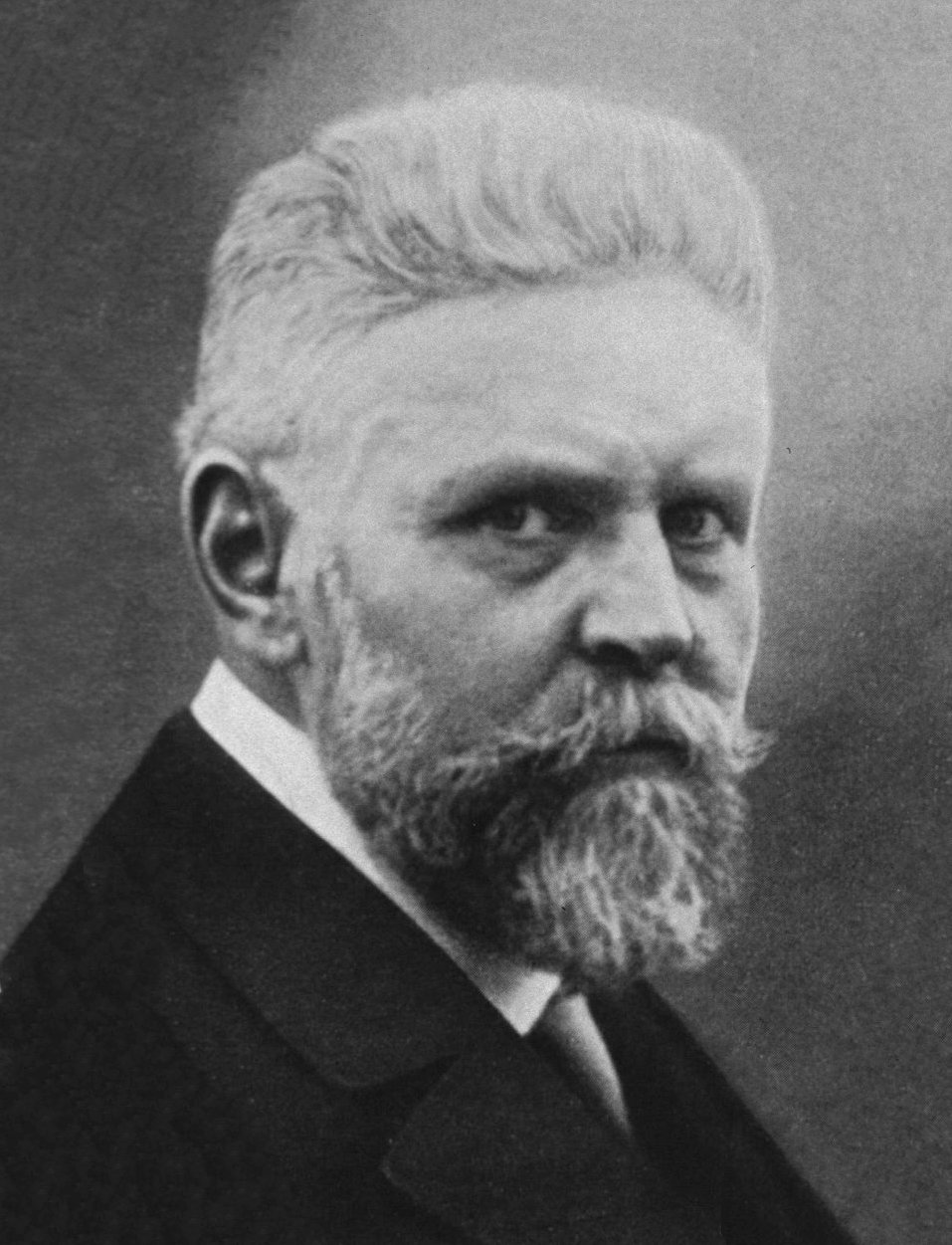
Racial hygiene
The term racial hygiene was used to describe an approach to eugenics in the early 20th century, which found its most extensive implementation in Nazi Germany (Nazi eugenics). It was marked by efforts to avoid miscegenation, analogous to an animal breeder seeking purebred animals. This was often motivated by the belief in the existence of a racial hierarchy and the related fear that "lower races" would "contaminate" a "higher" one. As with most eugenicists at the time, racial hygienists believed that the lack of eugenics would lead to rapid social degeneration, the decline of civilization by the spread of inferior characteristics.
Development[edit]
The German eugenicist Alfred Ploetz introduced the term "racial hygiene" (Rassenhygiene) in 1895 in his Racial Hygiene Basics (Grundlinien einer Rassenhygiene). He discussed the importance of avoiding "counterselective forces" such as war, inbreeding, free healthcare for the poor, alcohol and venereal disease.[1] In its earliest incarnation it was more concerned by the declining birthrate of the German state and the increasing number of mentally-ill and disabled people in state-run institutions (and their costs to the state) than it was by the "Jewish question" and the "degeneration of the Nordic race" (Entnordung) which would come to dominate its philosophy in Germany from the 1920s to the Second World War.
During the last years of the 19th century, the German racial hygienists Alfred Ploetz and Wilhelm Schallmayer regarded certain people as inferior, and they opposed their ability to procreate. These theorists believed that all human behaviors, including crime, alcoholism and divorce, were caused by genetics.[2]
After World War II[edit]
After World War II, the idea of "racial hygiene" was denounced as unscientific by many,[8] but there continued to be supporters and enforcers of eugenics even after there was widespread awareness of the nature of Nazi eugenics. After 1945, eugenics proponents included Julian Huxley and Marie Stopes, but they typically removed or downplayed the racial aspects of their theories.[9]